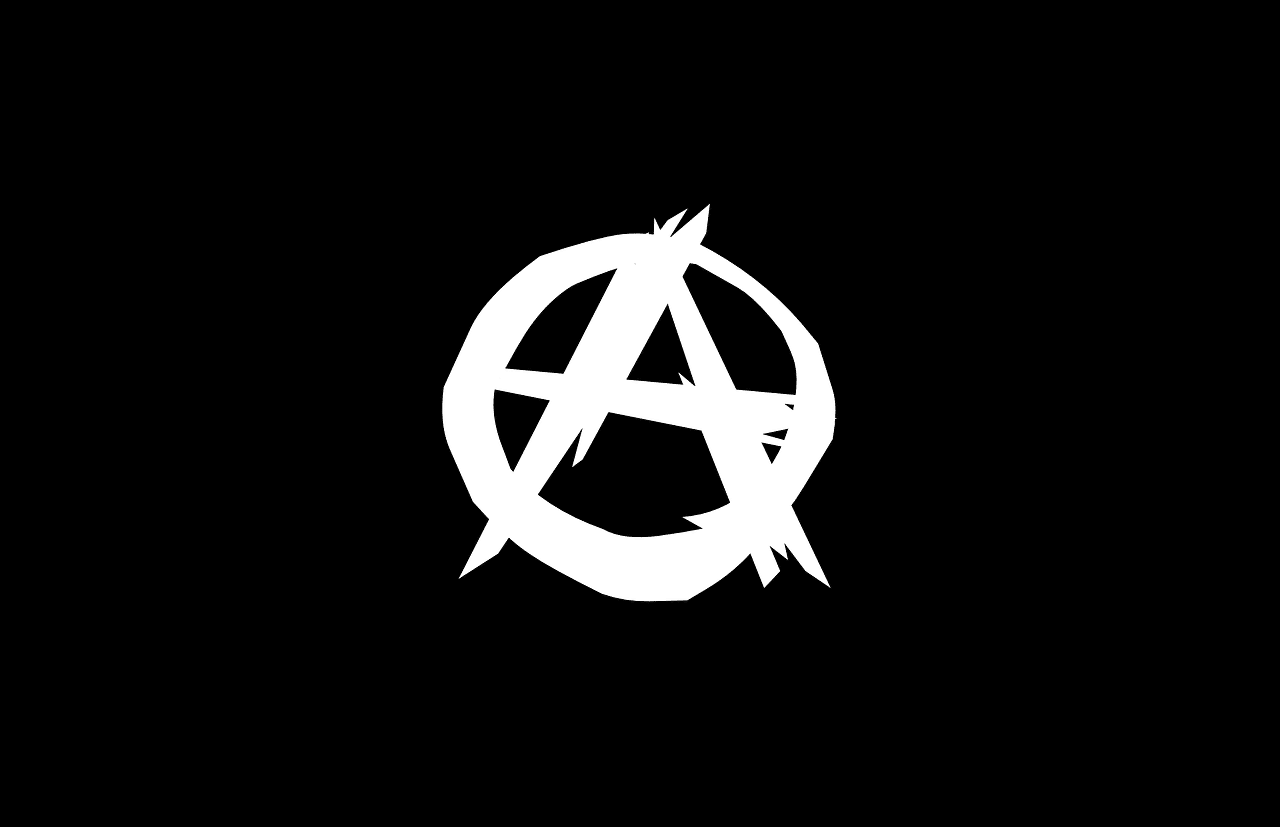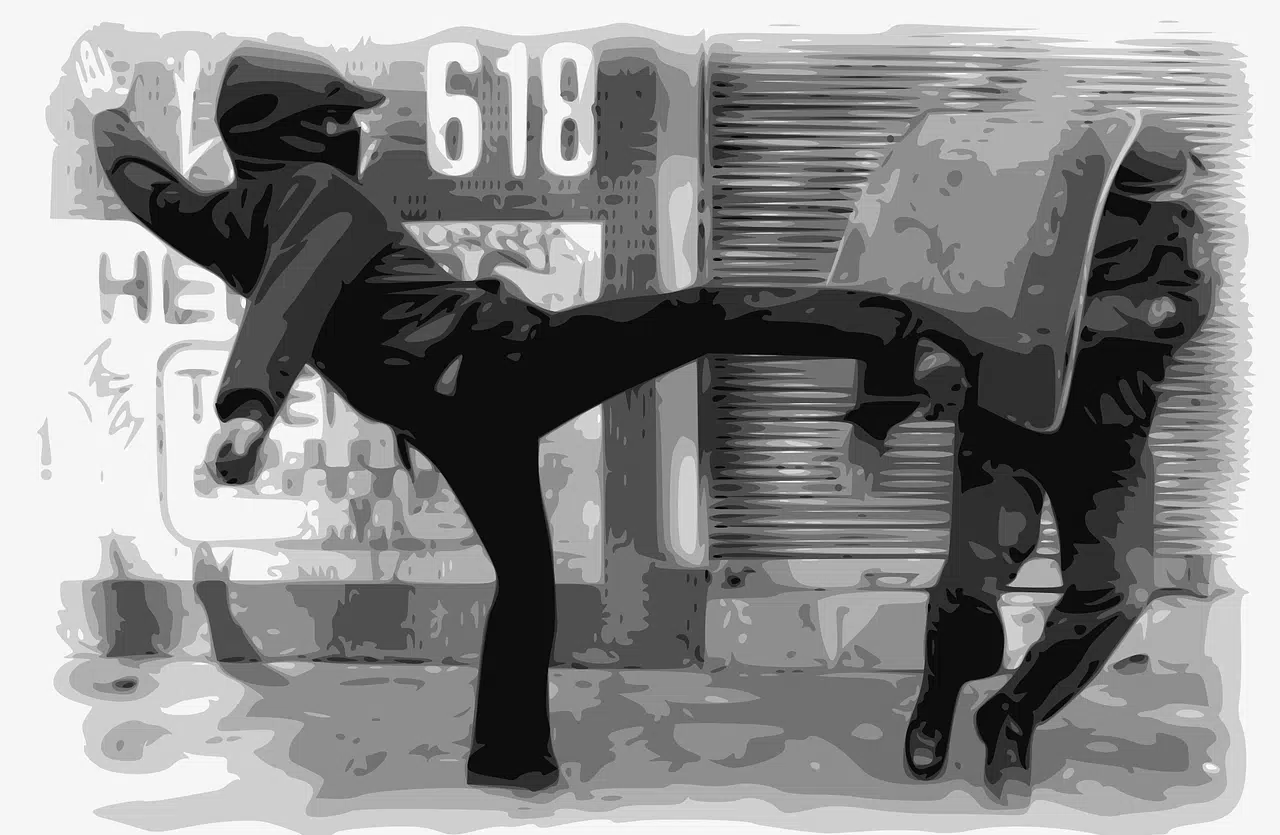
Anarchism can fuel civil disobedience.
Anarchism is the doctrine that promotes the elimination of government and State authority in pursuit of individual freedom . The concept also alludes to the movement that promotes these ideas.
It should be noted that the word anarchism is formed with two components: anarchy , a term that derives from the Greek word anarchía and refers to the nonexistence of public power; and the suffix -ism , which allows the development of nouns that refer to a doctrine, a movement or a trend.
Anarchism can be pointed out as a philosophy that promotes the disappearance of the State as an entity that holds the use of a monopoly on violence. Consequently, he also seeks the abolition of governments that administer state power as he believes they oppress the people.
History of anarchism
The history of anarchism can be understood in different ways. There are those who maintain that his ideas were already present in the early days of humanity. In fact, in prehistory people lived in anarchy because the State did not exist.
In Ancient Greece and Ancient China , for example, anarchist philosophical precepts were developed. In any case, it is considered that the so-called modern anarchism began to be forged with principles proposed by the Enlightenment and the Renaissance , linked to critical thinking and the fight against oppression .
Luddism , utopian socialism and mutualism are some of the doctrines that, after the Industrial Revolution , postulated anarchist notions. Various currents of unionism also adopted this type of thought.

There are sectors of anarchism that encourage insurrectionism.
Classification according to type
It can be said that there are many types of anarchism . Although they all share their intention to abolish the State , they present nuances or differ in certain specific objectives.
Some theorists recognize two main categories, from which the rest of the classifications emerge. On the one hand, individualist anarchism focuses on the autonomy of the subject and defends self-ownership. For anarcho-individualism , individuals must engage in interactions through voluntary associations.
On the other hand, collectivist anarchism encourages the replacement of the State with a federative association with collectives of workers owning the means of production. This communal property differentiates it from individualist anarchism, which defends individual private property. It should be noted that in collectivist anarchism communist anarchism and socialist anarchism coexist.
Syndicalist anarchism (which is based on unions that have independence from political power), green anarchism (oriented to care for the environment) and primitivist anarchism or anarcho-primitivism (which aims to eliminate the division of labor and return to the pre-industrial stage) They are also types of anarchism.
It cannot be omitted to mention that, although left-wing anarchist movements that promote anti-capitalism and seek a social revolution based on class struggle are better known, there is a right-wing anarchism that is based on anti-statism. The so-called market anarchism or anarcho-capitalism invites us to build a society without a State where individual sovereignty is guaranteed by the free market and private property.

Anarchism is promoted by anarchist federations worldwide.
Anarchist thinkers
Many thinkers are recognized for their contributions to anarchism. Among the most important we can mention:
- Bakunin, Mikhail (1814-1876): He is considered a pioneer in the promotion of anarchism as a political movement. He considered that anarchism should promote social liberation, with society organized through a federation of producers and consumers.
- Proudhon, Pierre-Joseph (1809-1865): For this thinker, the right to property is not natural. He defended the federative principle and his writings gave rise to mutualism.
- Kropotkin, Peter o Piotr (1842-1921): Fundador del anarquismo comunista, es responsable del concepto de apoyo mutuo, que subraya el beneficio que obtienen dos individuos que cooperan entre sí y recíprocamente.
- Malatesta, Errico (1853-1932): He believed that anarchism is an ideal born of ethics since anarchy is the natural order. Without the State, for Malatesta a free and harmonious society would emerge.
The punk
In the last half century, anarchism usually appears associated with punk . Beyond being a musical genre, punk is an anti-establishment movement that confronts authority.
In this framework, punks claim anarchism since they are against state oppression. They also encourage self-management as an anti-capitalist resource, often summarized in the expression "do it yourself" (or, in English, "do it yourself" , from which the acronym DIY arises).
It cannot be overlooked that the symbol of anarchy is part of the usual wardrobe of punks. Furthermore, the idea of anarchy appears in classic songs of the genre such as "Anarchy in the UK" by the English band Sex Pistols , which was released in 1976 and achieved enormous success.
In this context, the squatter movement also usually emerges, which sponsors the occupation of uninhabited buildings to satisfy the right to housing and to take advantage of these spaces as cultural and social centers. The squatters, of course, reject state authority .
